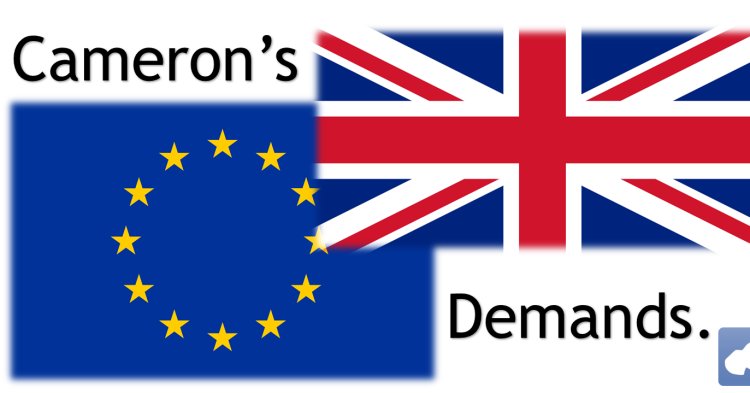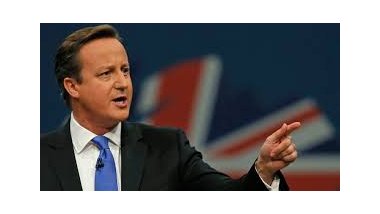Although many scholars and civil servants state that this sentence is just a declaration and adds nothing to a situation of “diversified integration”, it contains the purpose of being a member. This is the reason why Mr. Cameron chose this clause as a “battlefield” in the renegotiation.
An interesting story lies behind the phrase “Ever Closer Union”. This sentence was already in the first version of the Treaty of the European Economic Community signed in Rome in 1957. During the negotiation of the Treaty of Maastricht some governments tried to change the wording from “closer Union” to “Federal Union” Only the firm British veto led the pro-federation proposers to giving up with this idea.
Therefore, maintaining this sentence has been in a sense a conservative achievement during the negotiations of the Maastricht agreement. This was because of the British opposition to any reference to political Union and Federalism or Federation. The outcome was actually very strange because a political union or a federation does not necessarily involve centralisation, while the sentence “Ever closer Union” contains some degree of convergence, which could be either a spontaneous phenomenon or a centre-driven operation. Ironically, in order to prevent any implication of political union and federalism, John Major supported a wording which today sounds deeply centralising and economically interventionist to his fellows.
Today it seems that the positions are quite different. On one hand, some high profile negotiators and scholars say that it would be just a formalisation of the status quo, and that actually it is possible to accommodate the British government on this issue, not through changing the Treaty, but just adding a special protocol, formalising the UK opt-out. Many others state that removing this clause would, in the end, water down the meaning of being EU members and that other lukewarm or strong eurosceptic governments would ask for a similar treatment.
From a federalist point of view I think we should be very careful in analysing this issue. It is undoubtedly true that a multi-speed EU already exists, but it is also true that such a clause would have a “constitutional value”. The European Union exists because it should become a federation, as the Founding Fathers, from Churchill, to Schuman, Monnet and Spinelli stated. Removing this proposition without creating an alternative could actually undermine the spirit of the treaty and therefore the negotiators from the EU side should be very careful in accommodating the British government’s requests. A general revision of the Treaty should be welcome, without undermining the commitment towards a political Union for those member states which actually opted for being part of the European project, but actually creating two kinds of membership, as Guy Verhofstadt has recently proposed. This could be the chance to remember that the EU is actually a political project .and that those country which decide to join should be firmly aware of this.




Follow the comments: |
|
